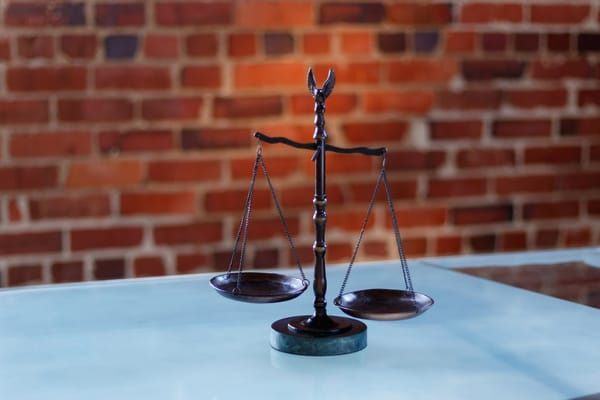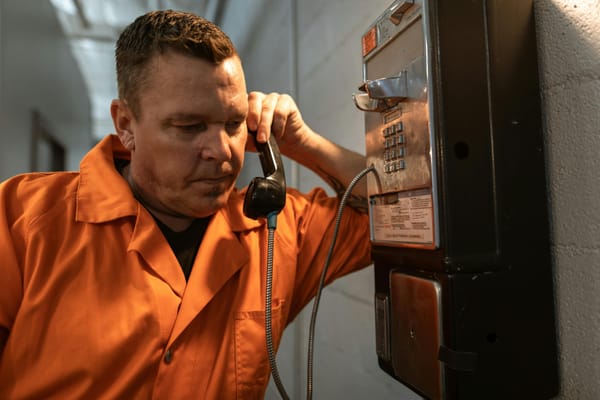Comcast-BitTorrent, Wireless Net Neutrality Issues Stir Debate at Broadband Policy Summit
June 14 – Critics and proponents of Network Neutrality squaring off on the topic on Friday agreed that recent actions by both cable and wireless providers had had re-vivified the debate about the topic.
WASHINGTON, June 14 – Critics and proponents of Network Neutrality squaring off on the topic on Friday agreed that recent actions by both cable and wireless providers had had re-vivified the debate about the topic.
Comcast’s actions blocking upsteam traffic using the peer-to-peer program BitTorrent – currently under investigation by the Federal Communications Commission – continued to be a source of controversy between the cable industry and Net Neutrality advocates.
The debate, “Net Neutrality: It’s Back Again!”, took place at the Broadband Policy Summit IV, sponsored by Pike and Fischer.
Gigi Sohn, President of the non-profit group Public Knowledge, blasted Comcast’s practice, and the company’s response, after the Electronic Frontier Foundation and the Associated Press reported about its tactics, last fall.
Comcast “lied about it, and they continue to lie about it,” said Sohn.
Dan Brenner, senior vice president of law and regulatory policy for the National Cable and Telecommunications Association (NCTA), didn’t respond directly. He did concede, however, that because of the work of non-profit groups like Public Knowledge and Free Press, “a lot of things have heated up” for the cable industry on Net Neutrality.
However, said Mike McCurry, partner of Public Strategies, which runs the AT&T-funded group Hands Off the Internet, said “Nothing has moved forward, in my mind, to suggest that we need to immediately move forward to rulemaking” in favor of Net Neutrality.
McCurry also said that consumers are closely watching the actions of network providers. “Any discrimination that flies in the face of [Net Neutrality] principles is instantly noted and debated.”
To that, Ben Scott, policy director for Free Press, replied: “Do you know how long the forged packet resets were being deployed” by Comcast before they were discovered?
Scott said that Free Press, which was joined by Public Knowlege in filing the petition against Comcast that is currently under consideration by the FCC, was likely to go to court if the FCC does not fine Comcast.
However, the most substantive disagreement of the morning came over the state of wireless Net Neutrality.
Brian Bieron, senior director of federal government affairs for eBay, went mano-o-mano with Christopher Guttman-McCabe, vice president of regulatory affairs for CTIA, the cellular telecommunications association.
Web auctioneer EBay owns Internet telephone Skype, and has sought guarantees from the FCC that Skype-style applications will be free to run on the wireless data networks of cellular carriers. An vote on eBay’s petition at the FCC was expected to have been made last Thursday, but delayed.
Bieron said that “the cellular network is a network that is more closed; the gatekeeper role is accepted [and] many carriers do not guarantee openness” in the applications and services that they offer.
Guttman-McCabe countered: “To say that this market is not moving forward and developing is a staggering comment.”
“Third party developers in the cellular world essentially don’t exist,” replied Bieron. Who are the Yahoos, Google and eBays of the cellular world?
What about T-Mobile, countered Guttman-McCabe? Why can’t T-Mobile be the application provider?
Because “T-Mobile is a network provider,” said Bieron.
Guttman-McCabe had also noted that Google and Skype both have applications on the Blackberry, among other wireless devices.
The two men also disagreed about the nature of competition in the wireless market. Guttman-McCabe cited Apple as an example of a vibrant new entrant. Speaking about the fact that Apple’s iPhone is available only on a single wireless carrier’s network, he continued: “People blamed that on AT&T, [but] Apple did that in about 20 other countries. Apple wanted that exclusivity.”
“I think that is what makes the market interesting” and vibrant, said Guttman-McCabe; witness Verizon attempting to turn a new LG phone into “an iPhone killer.”
These may be examples of competition, replied Bieron, but “in the Internet world, you don’t have a company like Apple signing a deal with broadband providers. In the future, we might, it is just a different [world].”
Guttman-McCabe had the last word of the debate, however: “The foundation [of Bieron’s statement] was that [the marketplace] was closed, and I challenge that.”
Also participating in the morning panel was Kathryn Brown, senior vice president of public policy development and corporate responsibility for Verizon Communications. She agreed with Guttman-McCabe that “the world is changing” and that wireless innovation is happening dramatically.
She also said that Verizon is willing to participate in open-forum discussions — to which groups like Public Knowledge would be invited — to discuss standard-settings for wireless devices.
With regard to the Comcast fiasco, Brown said that “Verizon is building capacity on the network to 100 Megabits per second.” While not disavowing the need for network management, she said that Verizon was more about “manag[ing] more capacity, not less capacity.”
She also said that Verizon had agreed not to impede or block traffic on the network, and also that “consumers need to get what they pay for” with regard to broadband service. “They need to know what they are getting” in terms of their speed and service offerings.










